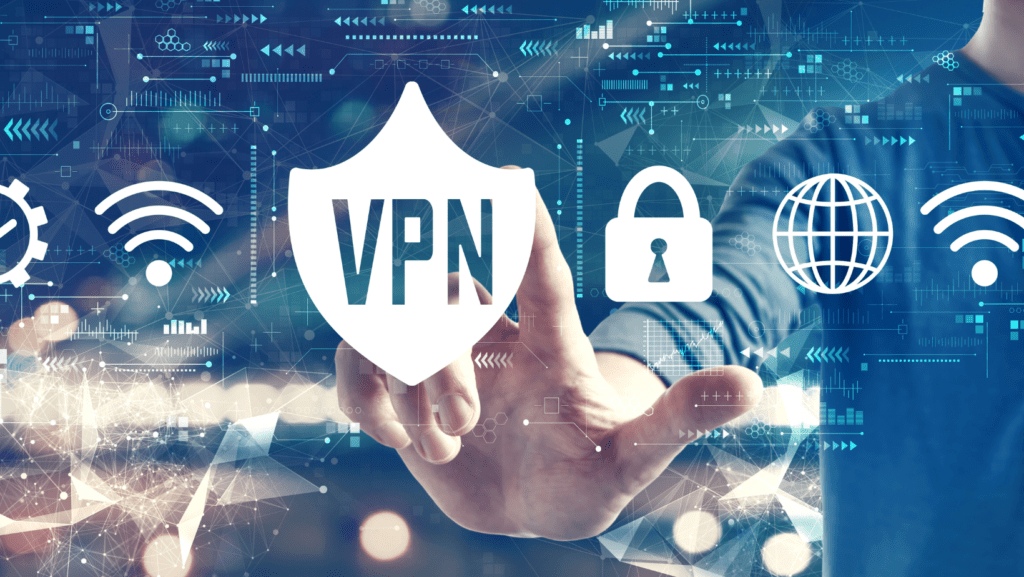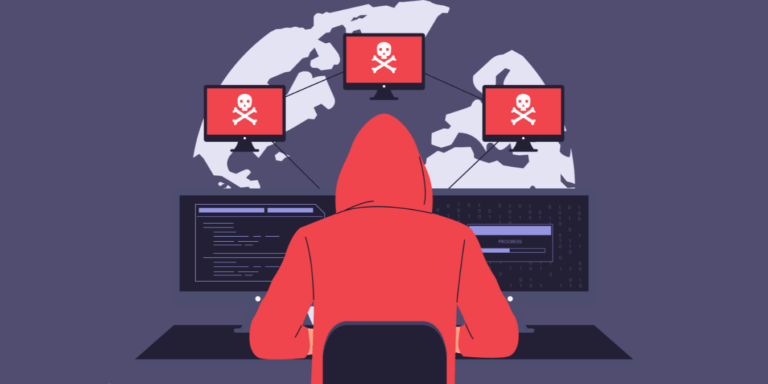
“Learn how to resolve a frozen bank account due to cybercrime in India. Follow our step-by-step guide to understand the reasons, take immediate action, and prevent future incidents.”
Imagine waking up one day to find that your bank account is frozen. You try to make a transaction, but it fails. Panic sets in as you contact your bank, only to learn that your account has been flagged by the cybercrime department due to alleged fraudulent activity—activity you know nothing about. This nightmare scenario is becoming increasingly common in India as cybercrime rates soar. If you’re an innocent individual caught in this web, you might wonder, “What do I do as my bank is frozen by cybercrime although I did not commit any of these?” This blog post will guide you through the steps to resolve this issue, provide the latest data on cybercrime in India, and offer actionable advice to protect yourself moving forward—all while incorporating SEO keywords like bank account frozen by cybercrime, cybercrime in India, and how to unfreeze bank account to help you find this information easily.
The Rising Tide of Cybercrime in India: Latest Data
Cybercrime in India is no longer a distant threat—it’s a pervasive reality. According to the Indian Cyber Crime Coordination Centre (I4C), over 12 lakh cyber fraud complaints were lodged in 2024 alone, with financial losses amounting to a staggering ₹11,333 crore in just nine months. The National Cybercrime Reporting Portal (NCRP) recorded 1 lakh complaints in 2023, with losses of ₹17,000 crore over the year. Fast forward to 2025, and the numbers are only climbing as cybercriminals exploit digital banking systems, social media platforms, and mobile apps.
A significant contributor to this crisis is the use of mule accounts—bank accounts used to launder money unknowingly by innocent individuals. In 2024, the I4C froze approximately 4.5 lakh mule accounts, many linked to public sector banks like the State Bank of India (SBI) and Punjab National Bank. This aggressive freezing is part of a broader effort to curb the flow of illicit funds, but it often leaves innocent account holders, like you, in a bind. If your bank account is frozen by cybercrime, it’s likely because it was part of a transaction chain tied to fraud, even if you’re not the perpetrator.
Why Was My Bank Account Frozen?
Before diving into solutions, let’s understand why this happens. In India, banks freeze accounts under instructions from cybercrime authorities when they suspect involvement in fraudulent activities like:
- Money Laundering: Your account might have received funds from a scam, even indirectly.
- Phishing or Trading Scams: Cybercriminals trick victims into transferring money to mule accounts.
- Cryptocurrency Fraud: Transactions linked to unregulated crypto exchanges can raise red flags.
- Online Gaming Scams: Funds from illegal gaming platforms often pass through innocent accounts.
The Madras High Court ruled in September 2024 that police cannot freeze an entire account without quantifying the exact amount tied to the fraud. Yet, many banks still freeze accounts entirely, leaving individuals unable to access their savings or salaries. If you’re asking, “Why is my bank account frozen by cybercrime when I’m innocent?”, it’s likely due to this blanket approach or your account’s incidental link to a scam.
What to Do When Your Bank Account Is Frozen by Cybercrime
If your bank account is frozen and you’re innocent, don’t panic. Follow these actionable steps to resolve the situation and unfreeze your bank account:
Step 1: Contact Your Bank Immediately
The moment you discover your account is frozen, reach out to your bank’s customer service or visit your branch. Ask:
- Why was the account frozen?
- Which cybercrime authority issued the order?
- What documentation do they need from you?
For example, if your account is with SBI, call their helpline or email [email protected] as advised on their cybersecurity page. Banks are legally obligated to provide some clarity, though they may not have all the details if the freeze stems from a police directive.
Step 2: Gather Evidence of Your Innocence
Compile proof that you’re not involved in the alleged cybercrime:
- Bank Statements: Highlight legitimate transactions.
- Transaction Records: Show where funds came from (e.g., salary, savings).
- Communication Logs: Emails or messages proving you were a victim, not a perpetrator.
For instance, if you received money from a friend who later turned out to be a scammer, keep records of your interactions. This evidence will be crucial when dealing with authorities.
Step 3: Report to the Cybercrime Helpline
Dial 1930, India’s cybercrime helpline, to report your situation and seek guidance. Alternatively, visit cybercrime.gov.in, the National Cyber Crime Reporting Portal, to file a complaint. Provide:
- Your bank account details.
- The date you noticed the freeze.
- Any communication from your bank.
The portal assigns a Complaint ID, allowing you to track progress. In 2024, the I4C blocked 17,000 WhatsApp accounts linked to Southeast Asian fraudsters, showing the government’s commitment to tackling cybercrime—though resolution can still take time.
Step 4: Contact the Cybercrime Branch
Your bank should tell you which cybercrime branch froze your account (e.g., Telangana Cybercrime Bureau or Maharashtra Cyber Cell). Reach out to them via email or phone. For example:
- Telangana Cybercrime: [email protected]
- Maharashtra Cyber: [email protected]
Explain your innocence, submit your evidence, and request a No Objection Certificate (NOC) to lift the freeze. Be persistent—responses can be slow due to the volume of cases (e.g., 71,868 pending investigations in 2021).
Step 5: Seek Legal Assistance
If the bank or cybercrime branch doesn’t cooperate, consult a lawyer specializing in cybercrime in India or financial law. Under Section 457 of the CrPC, you can approach a magistrate to order the release of your frozen funds. A 2023 case from Aran Law Firm highlights how legal intervention helped unfreeze an account after the cyber cell refused to act.
Cost Insight: Legal fees in India for such cases range from ₹10,000 to ₹50,000, depending on complexity and location.
Step 6: Follow Up Relentlessly
Cybercrime investigations can drag on—sometimes 3 to 12 months—due to their complexity. Stay in touch with your bank and the cybercrime branch, providing additional documents if requested. In 2023, a Gurgaon woman recovered ₹7 lakh after two months of persistent effort, involving police, bank, and court intervention.
How Long Will It Take to Unfreeze My Account?
The timeline varies:
- Simple Cases: 1–3 months if you provide clear evidence and the fraud amount is small.
- Complex Cases: 6–12 months if multiple accounts or cross-border elements are involved.
The Madras High Court’s 2024 ruling emphasizes that freezes should not be indefinite, pushing authorities to act faster. However, delays persist due to inter-agency coordination issues and the sheer volume of cybercrime complaints.
Preventive Measures to Avoid Future Freezes
Once your account is unfrozen, protect yourself from future incidents:
- Monitor Transactions: Regularly check your bank statements for suspicious activity.
- Avoid Unknown Transfers: Don’t accept money from unverified sources.
- Use Strong Security: Enable two-factor authentication (2FA) and biometric locks on banking apps.
- Report Scams Immediately: Call 1930 or visit cybercrime.gov.in if you suspect fraud.
The Reserve Bank of India (RBI) reported 248 data breaches in Indian banks from 2018–2022, underscoring the need for vigilance as digital banking grows.
Real-Life Example: A Cautionary Tale
In 2023, a Mumbai resident’s account was frozen after receiving ₹5 lakh from a “friend” he met online. Unbeknownst to him, the funds were from a phishing scam. It took six months, a lawyer, and multiple trips to the cybercrime branch to unfreeze his account. His advice? “Verify every transaction, no matter how small.”
The Emotional and Financial Toll
Having your bank account frozen by cybercrime isn’t just a logistical hassle—it’s emotionally draining. You might miss bill payments, delay salary withdrawals, or face business losses. A 2023 survey by The Hindu found that cybercrime victims in Bengaluru waited months to unfreeze accounts, causing significant financial distress.
Take Control of Your Situation
If your bank account is frozen by cybercrime despite your innocence, you’re not powerless. Contact your bank, gather evidence, report to the cybercrime helpline, and seek legal help if needed. The process may be slow, but persistence pays off. With cybercrime costing India billions annually, staying proactive is key to protecting your finances.
-

22K Gold Price Hyderabad Bengaluru Today: Compare with Delhi Mumbai for Smart Buys
-

Indian Stock Market Trends: Is This The Start Of A New Cycle For Sensex, Nifty 50 And Bank Nifty?
-

Why Is the Stock Market Falling Today? Nifty Below 25,500 and 5% Crash in IT Explained
-

Section 195 TDS on NRI Property: How Budget 2026 Just Made It Simpler for Every Indian Homebuyer





























